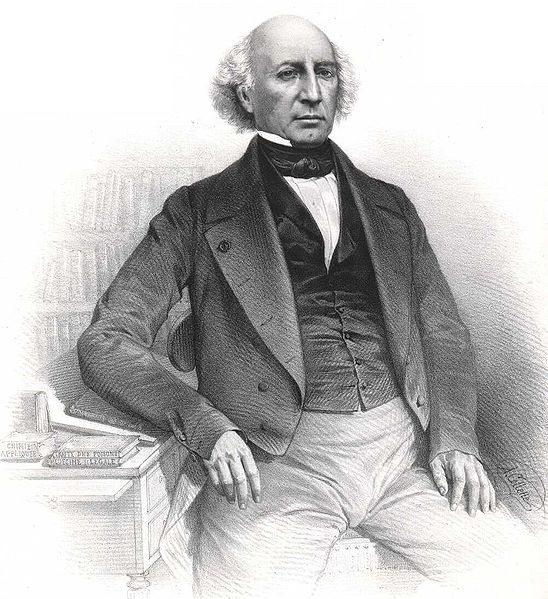Toxicology is a scientific discipline, overlapping with biology, chemistry, pharmacology, and medicine, that involves the study of the adverse effects of chemical substances on living organisms and the practice of diagnosing and treating exposures to toxins and toxicants. The relationship between dose and its effects on the exposed organism is of high significance in toxicology. Factors that influence chemical toxicity include the dosage, duration of exposure, route of exposure, species, age, sex, and environment. Toxicologists are experts on poisons and poisoning. There is a movement for evidence-based toxicology as part of the larger movement towards evidence-based practices. Toxicology is currently contributing to the field of cancer research, since some toxins can be used as drugs for killing tumor cells. One prime example of this is ribosome-inactivating proteins, tested in the treatment of leukemia.
A toxicologist working in a lab (United States, 2008)
Lithograph of Mathieu Orfila
Brochure illustrating the work of the CDC Division of Laboratory Sciences
Pharmacology is the science of drugs and medications, including a substance's origin, composition, pharmacokinetics, pharmacodynamics, therapeutic use, and toxicology. More specifically, it is the study of the interactions that occur between a living organism and chemicals that affect normal or abnormal biochemical function. If substances have medicinal properties, they are considered pharmaceuticals.
Diagrammatic representation of organ bath used for studying the effect of isolated tissues
Naturally derived opium from opium poppies has been used as a drug since before 1100 BCE.
A variety of topics involved with pharmacology, including neuropharmacology, renal pharmacology, human metabolism, intracellular metabolism, and intracellular regulation
A toxicologist working in a lab






